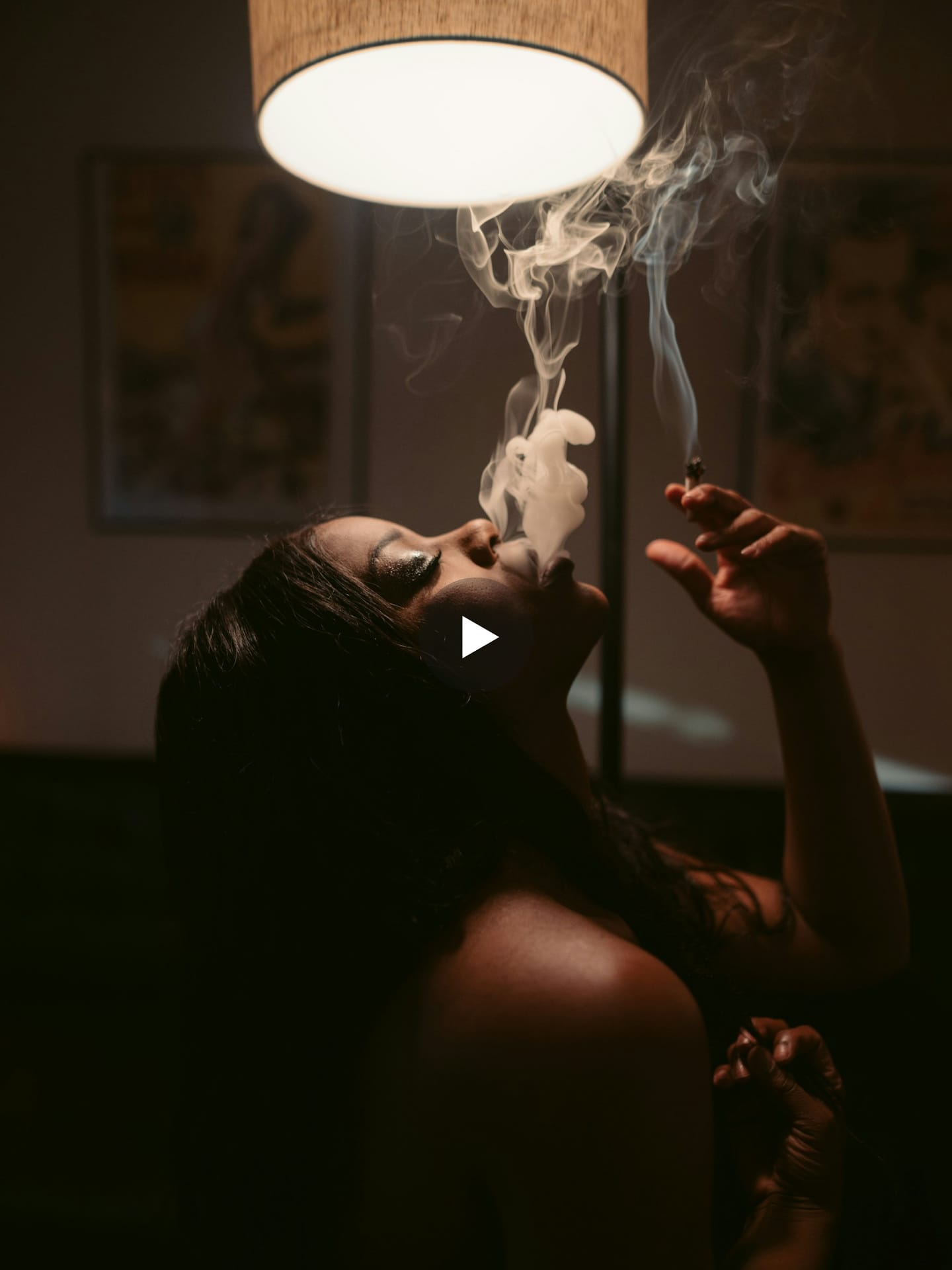Smoke you could click on

Recently: Instant interpretations of a terrible crime in America. Military strikes and executive powers in the Caribbean and the Persian Gulf. &c. | The member’s despatch, Week XXXVII.
Today: The sale of TikTok has a “framework” with no details. The U.S. demands NATO allies choose between their alliance with American and their markets in China. & The White House announces investigations into “leftist groups” over Charlie Kirk’s murder, while it remains under investigation.
+ Emile Dirks on what we know and don’t know about the Chinese Communist Party’s influence over TikTok.
& New music from Ladytron ...
Terms and conditions apply
U.S. Treasury Secretary Scott Bessent announced Monday that the United States and China have reached a “framework agreement” to transfer the massive socially media platform TikTok’s U.S. business to American-controlled ownership—with President Donald Trump and Chinese President Xi Jinping set to finalize terms Friday.
The announcement came from trade talks in Madrid, just two days before a September 17 deadline that would have banned the Chinese-owned platform in America altogether.
Bessent declined to reveal who the “two private parties” involved in the deal actually are; how much control TikTok’s current owner, the Chinese firm ByteDance, would retain; or whether its algorithms, the heart of TikTok’s functionality, would remain under its—and so ultimately, the Chinese Communist Party’s—influence.
The absence of any disclosed commercial terms, along with the timing—just 48 hours before a ban deadline—leaves it still ambiguous whether the “deal” ends up being a genuine breakthrough on the core security issues or more of an agreement to defer the most contentious questions about who actually controls what TikTok is feeding through Americans’ screens.
An American alliance tax
The U.S. administration is demanding NATO allies impose tariffs on Chinese imports, referring to Beijing’s ongoing purchase of Russian oil as justification for coordinated economic pressure.
The demand—during the same Madrid trade talks where officials announced the TikTok framework agreement—is a striking extension of the administration’s strategy of pressuring allies to join America’s economic confrontation with China.
China retaliated immediately, announcing that U.S. chip giant Nvidia had violated Chinese anti-monopoly laws—conspicuously hitting an American company just as the Americans are demanding that its allies sacrifice their own economic ties with the Chinese.
The increasingly pronounced pattern here: Washington and Beijing forcing other countries to choose between American alliance demands and Chinese market access.

Broadcasting the crackdown in Washington
Trump-administration officials also announced plans Monday for a federal investigation into “leftist organizations” they claim are coordinating violence against conservatives—with Vice President J.D. Vance and the presidential policy adviser Stephen Miller detailing the effort during a White House broadcast of the late Charlie Kirk’s podcast.
Investigators are still working to determine the motive behind Kirk’s assassination last Wednesday at Utah Valley University.
The administration says federal agencies would target what Miller called a “domestic terror movement,” using “every resource” at Justice, Homeland Security, and other U.S.-government departments to “identify, disrupt, eliminate and destroy this network.”
Law enforcement, however, has not yet established that Kirk’s killer was connected to any organized groups, beyond Utah Governor Spencer Cox’s initial assertion that the suspect appeared to hold to a “leftist ideology”—for which the governor offered no supporting details—and despite evidence that the suspect does not.
Meanwhile
- Kim Seong Min, a North Korean defector who broadcast outside news back into the Hermit Kingdom for two decades, died on Friday of cancer at 63: “Our objective is overthrowing the dictatorship by Kim Jong Un and achieving a liberal unification on the Korean Peninsula.”
- NATO has initiated Operation Eastern Sentry, with fighter jets from France, Denmark, and Germany deploying to Poland’s eastern border following last week’s Russian drone incursion: “Eastern Sentry will add flexibility and strength to our posture and make clear that NATO is always ready to defend.”
- Romania scrambled F-16 jets on Sunday, after a Russian drone violated Romanian airspace for nearly an hour during strikes on Ukraine: “… they were very close to shooting it down. The drone was flying very low and at some point turned back.”
- Ukrainian doctors drove through a Russian missile attack in Kyiv to deliver a donor heart that saved a 12-year-old girl’s life during one of the war’s heaviest bombardments. "We had a chance to save a life so took it." —Dr. Boris Todurov, who performed the transplant.
- & NASA’s Perseverance rover discovered potential biosignatures—evidence of ancient microbial life—in a Martian rock called Cheyava Falls: “This very well could be the clearest sign of life that we’ve ever found on Mars.”

Wary of fast fashion?
Shop Congo Clothing Company and
make a difference—in style.
Black box
Does the Chinese Communist Party really control TikTok? Emile Dirks on how it’s just like any other social-media platform—and isn’t.
The TikTok-deal framework that the U.S. government announced this morning may raise at least as many questions as it answers. ByteDance has consistently refused to sell TikTok outright, and Beijing has blocked previous attempts to force them to. Yet somehow, trade negotiators now claim to have found a structure that satisfies both American and Chinese priorities—though the crucial details remain undisclosed, not least as to what the tradeoffs might look like between American security concerns and Chinese control preferences.
The U.S. government has long argued that TikTok poses risks beyond simple data collection: that Beijing could manipulate the platform’s content to influence American users. But the U.S. government says its evidence for such manipulation is classified, declining to share it publicly, while TikTok’s defenders note that other social media platforms face their own documented problems with algorithmic bias and foreign interference.
What do we know, then, about China’s influence over TikTok?
Emile Dirks is an associate researcher with the Citizen Lab at the University of Toronto. Dirks says TikTok is mysterious, something whose inner workings remain obscure to outsiders. The best research is tentative and hasn’t found direct evidence of TikTok censoring content in the way Chinese social-media platforms do. But the risk of it being manipulated by the Chinese Communist Party is real. Still, Dirks says, the deeper controversy over TikTok isn’t about censorship; it’s about the clash between the United States and China for primacy over the internet—at a time when the internet is, more and more, shaping the two powers’ societies and complicating their interests …
+ Read John Jamesen Gould on what’s ahead at The Signal … & Hywel Mills, with an update on our migration to Ghost.
Membership with The Signal means access to a suite of benefits, including: all new articles, our complete archive, our cultural-intelligence briefing, and the member’s despatch—our weekly current-affairs roundup for people who want to keep up with what’s happening in the world and need to spend their time carefully.
It also means playing crucial role in backing a distinctive, independent new enterprise in current-affairs journalism.
‘I Believe in You’






